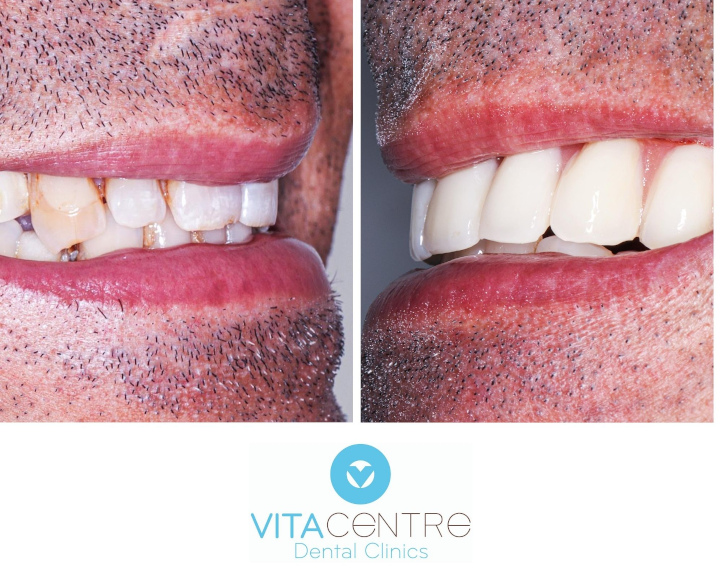ALL-On-4 dental Implants abroad are best suited to patients who have either failing teeth or no teeth.
All-on-4 dental Implants
The Implantology Centre offers treatment and rehabilitation, All on Four Implants, for missing tooth problems with fixed solutions. In recent years, there has been significant progress in the techniques and materials used by clinics and in the field of dentistry as a whole.
Computer-assisted surgery and the metal-free concept are examples of this progress. The metal-free concept allows for fixed and quality prostheses without metal.
In addition to this, the Implantology Centres have experts in several fields of medical science who provide a high quality of care that is more comprehensive and precise.
All-On-4 Implants dental implants abroad
All-on-4 Implants
The original concept of All-On-4 implants, enables edentulous patients, with severe maxillary atrophy, implantology rehabilitation without bone grafting. The upper jaw is more liable to bone loss, mainly due to tooth loss, but also because sinuses can end up too close to the jaw.
For this reason, the upper jaw bone is generally limited. Our implantology centres frequently see cases of patients with bone only in the back area (from canine to canine).

This procedure places two implants at the back of the jaw, tilted up to 30º where there is bone missing, and two implants in the front of the jawbone.
This is the original concept for the procedure known as All-On-Four, which allows for the improvement of the support area, and the screwing of the fixed and hybrid prostheses or ceramic prostheses with 12 teeth.

What is the major difference between All-On-4 and dentures?
- Dentures can be removed for cleaning, whereas the All-On-4 is fixed. Patients cannot remove them after eating or at night.
- Dentures move and complicate the chewing of food. All-On-4 allows you to easily chew and savour your favourite foods.
- These dentures rest on the gums and, therefore, may hurt or cause small wounds.
- Using dentures will progressively reduce bone density, which will lead to maladjustment of the dentures.
- All-On-4 does not have a palate and, for that reason, the flavours of food will be stronger.
Difference between conventional implants and All-On-4 implants
In the past, dentists would have to place implants one by one; around eight, nine, ten or twelve, sometimes even twenty, to restore both the upper and lower jaw. This was an expensive treatment.
Besides the high cost, the surgery and recovery of the patient would take longer. With All-On-4, you can easily place four implants and, in most cases, it is not necessary to add bone during the treatment.
Thus, with only one surgery appointment and without bone grafting, the treatment duration is reduced and will be completed in less time.
Who can be a candidate for this treatment?
Overall, everyone is a potential candidate for an All-On-4 implants treatment.
Is it a painful procedure?
This procedure is carried out with a nerve anaesthetic block, so there is no pain or complications. It is a simple and pain-free surgery. Minor discomfort is possible, but only on the first or second day.
All-On-4 implants success rate
The implants can last years, decades, and even for a lifetime depending on hygiene habits, cleaning precautions, periodic checks, and the absence of systemic diseases, such as diabetes or oncologic problems.
What is the planning procedure for All-On-4 implants?
All on 4 implants procedures are planned with CT scans, which provide high quality three-dimensional images of the target area. A radiographic image will guide the procedure by giving information about the angle and implant diameter, as well as every other aspect involving the procedure.
How much does All-On-4 dental implants abroad cost?
The price varies depending on the country or region.
Last updated August 1, 2023
References/ Bibliography:
Kim DM, Badovinac RL, Lorenz RL, et al. A 10 years prospective clinical and radiographic study of one stage dental implants. Clin Oral Implants Res. 2008 Mr;19: 254-8. Jemt T, Lekholm U. Implant treatment in edentulous maxillae: A 5- year follow-up report on patients with different degrees of jaw resorption. In J Oral Maxillofac Implants. 1995; 10: 303-311.

